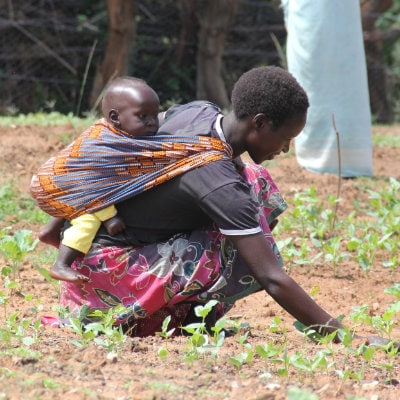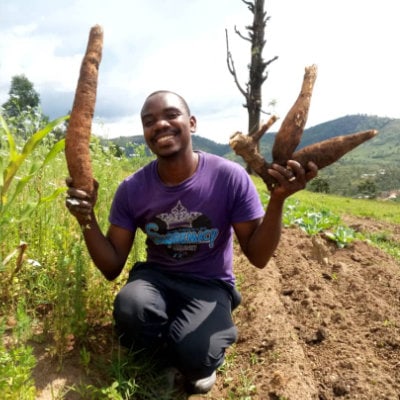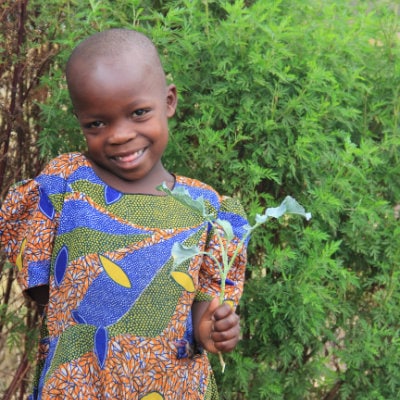Imagine a forest fire, raging out of control. Each time the wind shifts, the fire’s path changes. On an incline, the fire spreads more quickly. In a situation like this, experts are consulted to analyze many factors, such as fuel type, fire-weather conditions, topography, and human activity. They then present a plan for the “best chance” at controlling the situation that can change within minutes.
Extreme poverty can be compared to a forest fire as a multitude of factors can change overnight, tipping millions into poverty. In 1990, the World Bank defined extreme poverty as living on $1 or less per day.
It may be hard to believe, but two hundred years ago, almost everyone lived in extreme poverty. Only the small percentage of elite enjoyed higher standards of living. Even just half a century ago 50 percent of the world’s population was living on less than $1 per day. These facts played a major role in both world wars.
After the year 1990, world powers focused attention on efforts to eliminate extreme poverty. During that time, extreme poverty was the reality for 36 percent of the population. The year 2000 brought in a brave new worldview with a global effort to end extreme poverty through the creation of 8 different Millennium Goals. By 2011, extreme poverty fell to include 15 percent of the population.
Clearly, these goals helped to end extreme poverty, but with all the characteristics of forest fires, poverty seems nearly impossible to eradicate. In 2016 the World Bank Group released a study claiming that 100 million people would be forced into extreme poverty due to global warming. This, and dozens of other factors could thwart the efforts to end this major problem.
Over the years, billions of dollars have been spent towards the cause, but the problem does not seem to go away. Previous attempts have approached the issue of poverty in the wrong way.
A fast-growing movement around the world is taking a different approach to food and health security, and it’s working. They’re seeing a 100 percent reduction in certain diseases, like diabetes, which is a life-sentence, costing thousands of dollars in treatment per person in developing countries and hundreds of thousands of dollars per person in the developed world. This movement is also experiencing significant advancements in food security, by up to 10-fold. The movement is for natural sustainability through organic farming methods.
In this book, we will cover how advancements in all 17 Sustainable Development Goals, created by the General Assembly in 2015, can be made for a fraction of the cost using values and practices of the Organic Health Movement (OHM). There are an unlimited number of ways to address this pressing world-wide issue, but we feel that the OHM provides the best chance at ending extreme poverty.
THE OHM HAS THE BEST CHANCE…
- At creating universal food security
- For universal nutritional adequacy
- At creating universal health care
- At ending the dependency trap
- At growing enough food for the future
- For longevity in developing countries
- To have clean water for all
- At getting everyone employed
- At improving the health of childbearing women
- To empower people with new ideas
- Of teaching children the skills they need to thrive
- At keeping families together
- At empowering women
- At preventing and controlling pandemics like Ebola
- At creating income in developing countries
- At ending cycles of incarceration for prisoners
- At reducing overloaded medical clinics
- To help HIV patients
- At reducing antibiotic misuse
- Of getting the church involved with the poor
- To help seniors
- At helping the disabled
- At reversing environmental decline
- At creating community
- At reducing under 5 mortality
Thrive’s Founder, Dale Bolton, will unpack all 50 reasons why the Organic Health Movement has the best chance at ending extreme poverty in his next book release. We hope you enjoyed this snippet of his book!
Join us as we eradicate extreme rural poverty!



